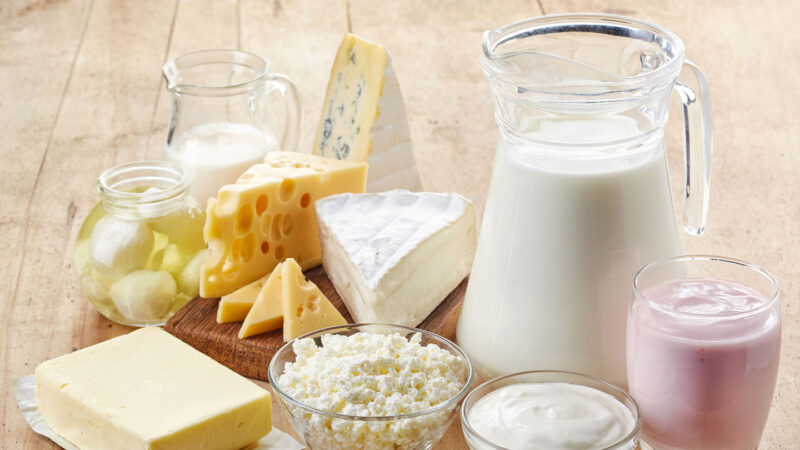
Bacteria: (singular: bacteria) single-celled organisms. They live almost everywhere on Earth, from the bottom of the ocean to inside other living organisms (such as plants and animals). Bacteria are one of the three domains of life on Earth.
Bacteria: Bacteria, related to unicellular organisms. They live almost everywhere on Earth, from the bottom of the ocean to inside animals.
chemical: A substance composed of two or more atoms that combine (bond) in a specific ratio and structure. For example, water is a chemical substance when two hydrogen atoms bond with one oxygen atom. Its chemical formula is H2O. can also be an adjective to describe properties of chemical substances that are the result of different reactions between different compounds.
to digest: (noun: digestion) breaking down food into simpler compounds that the body can absorb and use for growth. Some sewage-treatment plants use microbes to digest — or degrade — waste so that the broken down products can be recycled for use elsewhere in the environment.
the taste: The special combination of sensations that help people recognize something that passes through the mouth. It is mainly based on how a food or drink is perceived by the cells of the mouth. It can be influenced to some extent by its smell, appearance or texture.
fuel: Any substance that will release energy during a controlled chemical or nuclear reaction. Fossil fuels (coal, natural gas, and petroleum) are a common type that release their energy through chemical reactions that occur when heated (usually burning).
Germs: Any single-celled microorganism, such as bacteria or fungal species or virus particles. Some germs cause disease. Others may promote the health of more complex organisms, including birds and mammals. The health effects of most microbes, however, remain unknown.
Green house gas: A gas that absorbs heat and contributes to the greenhouse effect. Carbon dioxide is an example of a greenhouse gas.
the courage: An informal term for the gastrointestinal tract, especially the intestines.
infected: Spreading disease from one organism to another. It usually involves introducing some type of disease-causing germ into a person.
matter: Something that occupies space and has mass. All matter in the world will have a property described as “weight”.
Germs: Short for microorganism. A living thing that is too small to be seen by the unaided eye, including bacteria, some fungi, and other organisms such as amoebas. Most consist of a single cell.
nutrition: A vitamin, mineral, fat, carbohydrate, or protein that a plant, animal, or other organism needs as part of its diet to survive.
Recycling: to find a new use for something — or part of something — that might otherwise be thrown away, or considered waste.
the species: A group of similar organisms capable of producing offspring that can survive and reproduce.















